Green Truck
Green Truck set out to deliver tasty, organic, fresh food and revolutionize the way restaurants can operate sustainably.
Using an innovative approach, Green Truck was able to eliminate 100% of it's food oil waste and cut its trucks' fuel consumption at the same time.
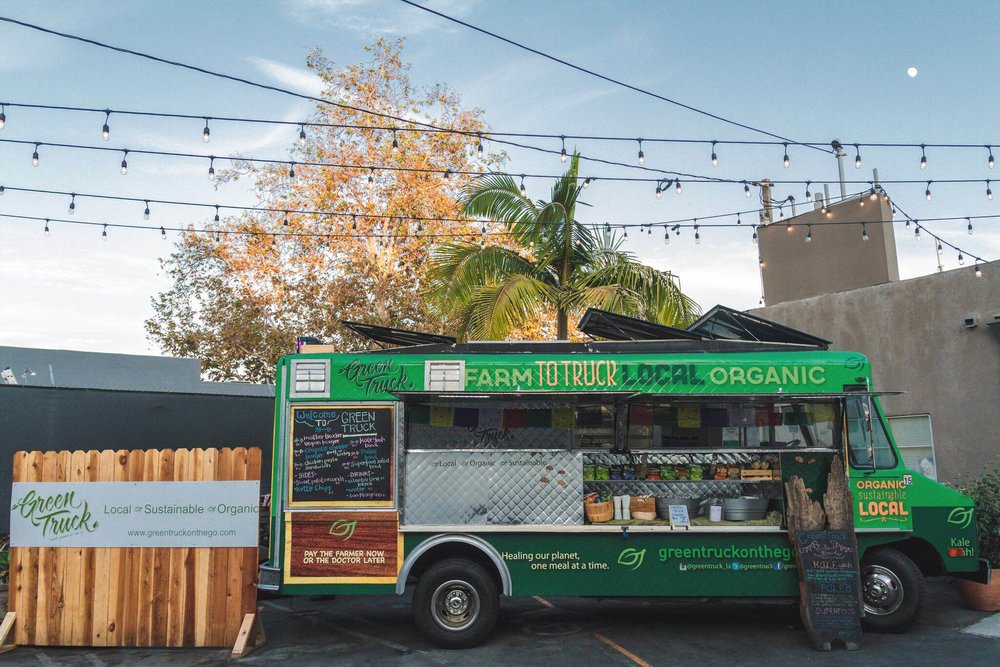
01 / The Initiative
Company Name: Green Truck
Company Description: Green Truck is a sustainable food truck business serving fresh, eco-friendly meals using alternative fuels and compostable packaging in Culver City, CA.
Reuse Waste, Create Operational Efficiencies
Since its launch in 2006, Green Truck has prioritized environmental responsibility. Founded by Kam, the company emerged with a clear ethos: efficiency equals sustainability. What began as a practical solution to operating food trucks more economically soon evolved into a holistic green business model.
Green Truck focused on converting diesel engines to run on recycled vegetable oil, eliminating the need for traditional fuels. From waste-free kitchens to compostable packaging and solar-powered trucks, the company adopted an all-in approach to sustainability. However, they soon discovered that regulations—rather than technology—posed their greatest hurdle.
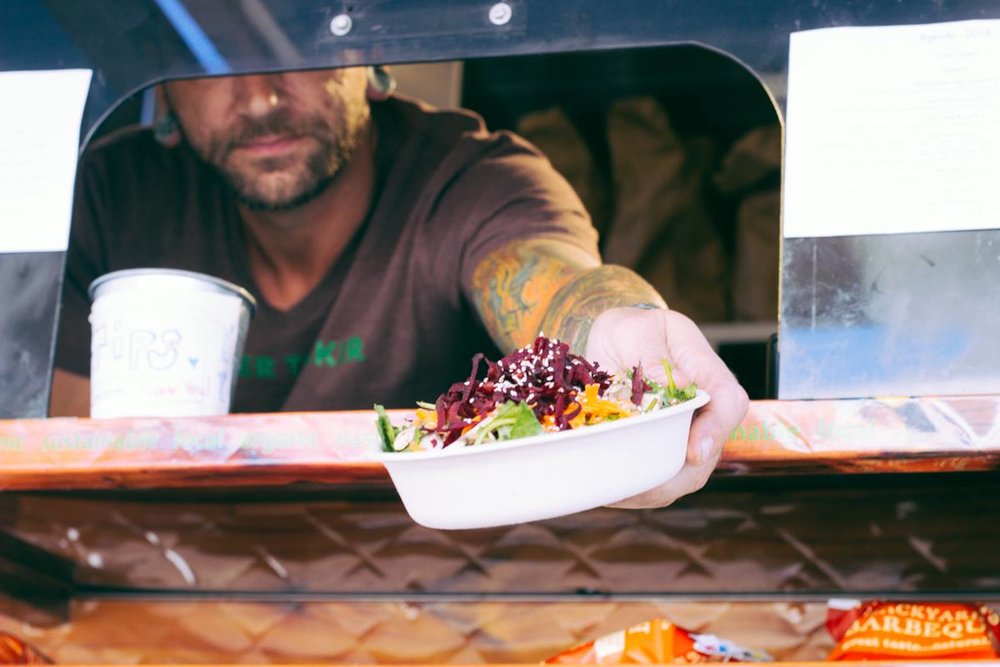

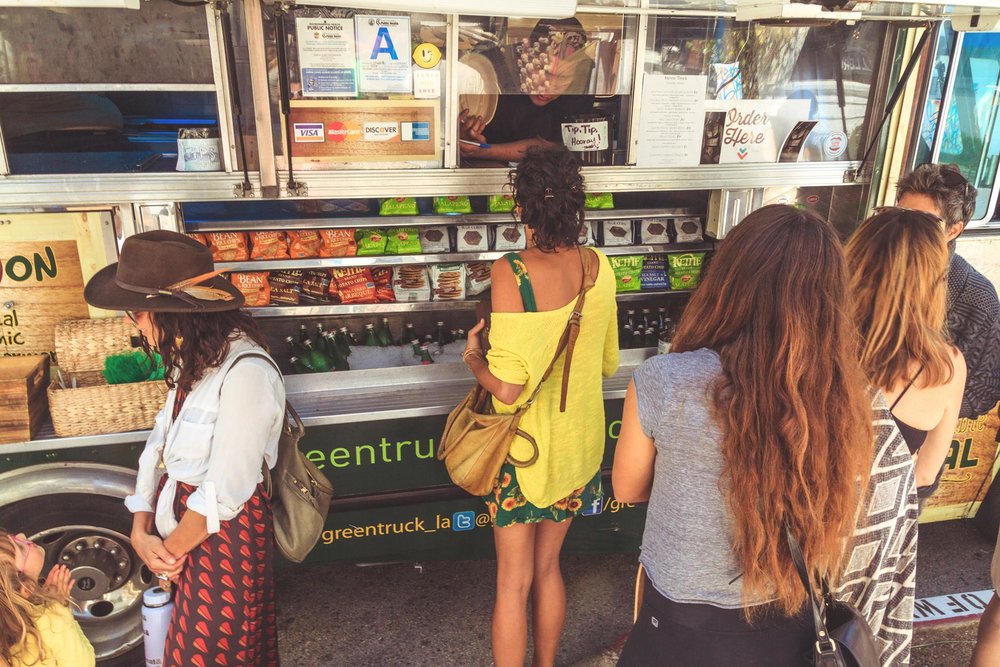

02 / GOALS
Create efficiencies by cutting wasting without impacting the customer experience.
Sustainability, Profitability, and Regulatory Challenges
In addition to its innovative fuel approach, Green Truck needed to scale its sustainable practices while maintaining profitability and navigating compliance in multiple jurisdictions. From waste management to power generation, the business faced constant obstacles, including regulatory hurdles and limited access to eco-friendly materials.
Setting Sustainable Goals
Kam’s goals were clear:
Eliminate waste through smart design and kitchen efficiency.
Fuel vehicles using recycled cooking oil.
Transition packaging to compostable and natural alternatives.
Integrate solar power to run equipment without generators.
Develop a reputation rooted in purpose and environmental commitment.
03 / THE STRATEGY
Implementation Tip 1:
Start with efficiency. Design operations around minimizing waste—not just to be green but to cut costs and streamline business.
Implementation Tip 2:
Be flexible with compliance. Regulations will differ by city and state. Kam's advice: "Ask for forgiveness." While not a long-term strategy, it acknowledges the complexity of local rules and encourages action over analysis paralysis.
Be Efficient Minded
Green Truck prioritized real-world solutions driven by daily operational needs. Trucks were retrofitted to run on recycled vegetable oil and outfitted with solar panels to power refrigeration and lighting. Packaging shifted to compostables and even banana leaves when possible. Internally, efficiency translated into tighter menus, local sourcing, and employee empowerment through shared purpose.

The Race to Zero

04 / CHALLENGES
Implementation Tip 3:
Experiment with solutions and refine based on feedback, such as testing different compostable materials for customer satisfaction.
Implementation Tip 4:
Don’t wait for perfection—start with what you can do today, then build gradually.
Navigating A Changing Regulatory Environment
Green Truck’s green ethos often clashed with regulatory realities. At one point, California regulators removed their entire fleet of vegetable-oil-fueled trucks. Navigating permits, local laws, and food safety standards across cities like Los Angeles, Culver City, and Santa Monica became a full-time job.
Kam’s solution was persistence, innovation, and a strong company culture. Employees were energized by a sense of purpose, which reduced turnover and boosted morale. Challenges became opportunities to adapt and stay ahead.
05 / RESULTS
Big Stat 1:
Zero fuel costs by switching to recycled vegetable oil, then furthered savings by implementing solar-powered truck systems.
Big Stat 2:
Boosted employee engagement and retention through a clear mission and purpose-driven culture.
Strategic Sustainability
Purpose Drives Practice
Green Truck’s sustainability efforts led to unexpected operational advantages. Menu development became more strategic, waste was drastically reduced, and utility costs dropped. Customers noticed and appreciated the authenticity, which boosted brand loyalty. And perhaps most importantly, employees stayed invested and proud to wear the Green Truck logo—even a decade later.

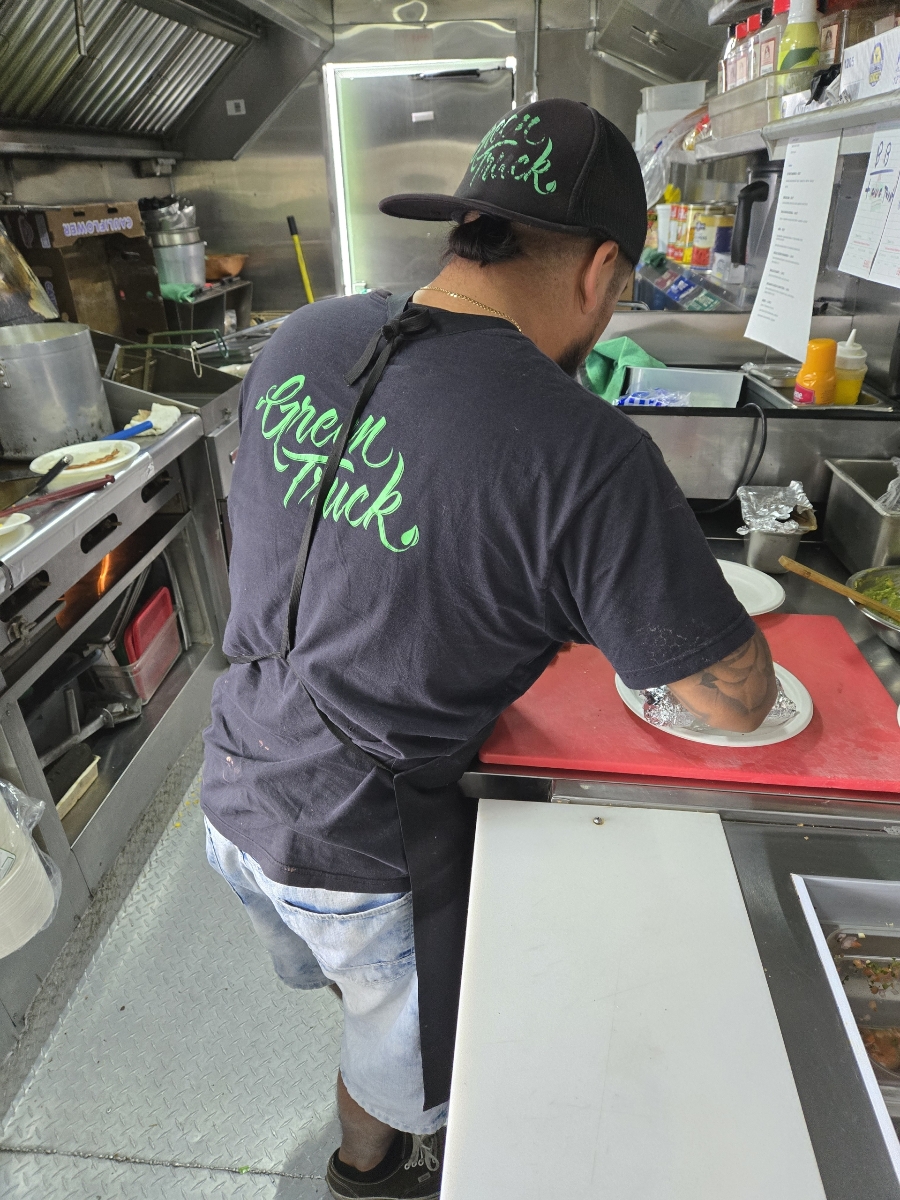
The Zero Emission Heroes
Green Truck proves that sustainability and small business success can go hand in hand. Through inventive practices, cultural alignment, and operational grit, they’ve become a model for how local food businesses can serve with purpose and thrive in the process.
The Road Doesn't Stop Here
Kam and the Green Truck team are now developing a fully electric food truck to take their sustainability efforts to the next level. As Kam puts it: “We’re working on it. God willing, we’ll pull it off in the next year.”
Related Case Studies

May 2, 2025
Green Truck
Green Truck set out to deliver tasty, organic, fresh food and revolutionize the way restaurants can operate sustainably.
Using an innovative approach, Green Truck was able to eliminate 100% of it's food oil waste and cut its trucks' fuel consumption at the same time.
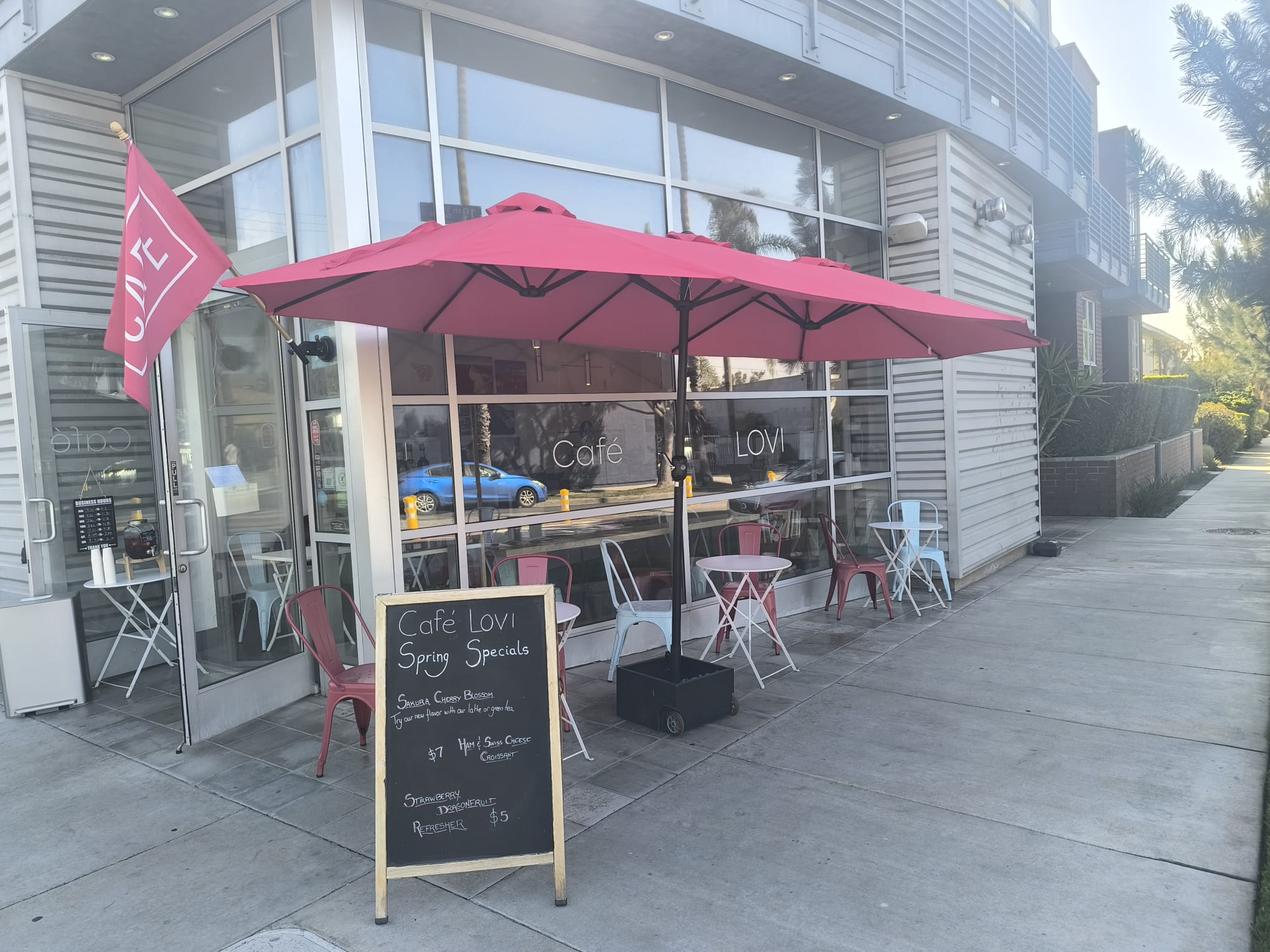
May 19, 2025
Café Lovi
This coffee shop, transformed its operations through sustainable practices under new owner Manuel Boutin.
By implementing composting, waste reduction, and energy-saving initiatives, the café successfully diverted 95% of waste from landfills while maintaining customer satisfaction.






